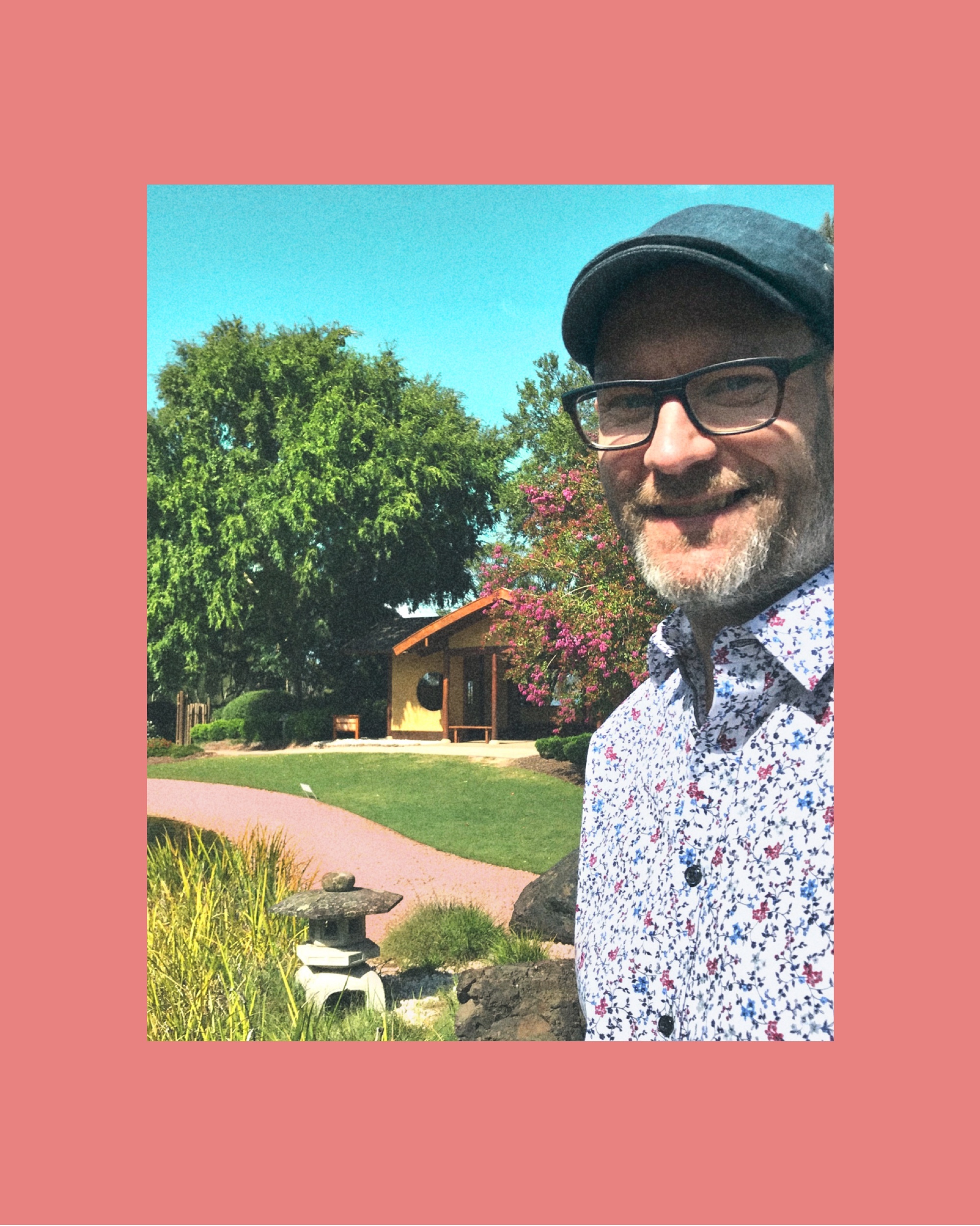Going global is full of both risks and opportunities. How can an entrepreneur prepare themself for the ups and downs of a road that could take them around the globe? Makke Leppänen knows as he has been coaching both athletes and business leaders for nearly three decades. We caught him in Manila for a quick chat.
Hi Makke. You’re a psychology expert and a mental performance coach and you’ve worked with many of Finland’s leading entrepreneurs. What’s your background?
I came to this through professional sports. I got my hunger, ambition and tenacity from competitive sport. In sport, you have clear goals and a team; you train hard and either achieve your goal or don’t achieve it. My own story and interest is inspired by sports as well as my younger brother, with whom I’ve written books and developed mental coaching trainings. When my brother was young, he was suddenly paralysed by an illness. Watching him work through it inspired me to start investigating why some people emerge as mental winners and others don’t. It drove me first to California and then to Sydney, where I pursued my master’s degree in psychology.
How did your brother’s journey inspire you?
His ability to find a new mission was remarkable. At the time of his illness, he was just about to move to America as an exchange student and play ice-hockey for the school’s team. It all happened out of the blue - his spinal cord became inflamed and he spent a while in the intensive care unit. Luckily he made it out alive and his brain recovered fairly fast. Yet, his spinal cord was left destroyed by the illness. He had put all of his eggs into one basket and had to start rebuilding his life from scratch. The way he rebuilt his identity was astonishing: he quickly pivoted from being an athlete to coaching young athletes and entrepreneurs and sharing his insights. He’s a living example of how understanding yourself and your mental mechanisms can translate into success.
What separates so-called winners from so-called losers?
One crucial factor is tenacity. Another is being goal-oriented. If you’re able to see your journey clearly, it will grow your ambition and prepare you to face challenges; you’ll be able to cultivate a mindset of never giving up. Downturns are a part of both our personal and professional lives and they form a part of our journey. If you’re able to learn from your mistakes, you’re already well on your way towards global success.
How can one build tenacity and resilience?
Resilience, as many psychological studies have found, is not innate and can be built and learnt. It’s just like in sports: you can build your resilience one small step at a time. The jump to the top won’t happen in the blink of an eye. It requires a fair dose of patience and willingness to try and fail. One thing that can inspire any entrepreneur is reading about different success (and failure) stories. It can give you a boost and help grow your understanding of the world around you. It’s understandable to want an easy solution, yet everything grows from an understanding yourself and understanding others.
How can you grow that understanding?
Find mentors and people that inspire you; people that have been through what you want to embark on. Have conversations, exchange ideas and dive deep into yourself.
What’s the most important factor in going global?
Having a vision and a solid company culture is crucial. Leading with vision tends to drive the best achievements while being ambitious enough and finding passionate people helps to grow a global company. Building a sense of community right at the core of the company is extremely important, as is building a culture that allows for mistakes and sharing learnings.

What kind of advice would you give for companies going global?
Every country works differently, but learning how to build rapport and trust with your partners, no matter what country you’re in, can make or break your company. You need to be able to adapt to the culture of the market you’re trying to break into; you shouldn’t try to change your market too much or expect people from other cultures to behave like people from your culture. A flexible mindset that champions growth helps you adapt to different challenges.
How can an entrepreneur avoid burnout while striving for global success?
It’s a really important topic and theme. It all starts with managing your energy sources. For instance, I travel a lot and always stay in hotels that have gyms. Going to the gym every morning allows me to keep my body and mind healthy. The culture of doing business has, in general, fortunately, changed a lot. Today, business meetings no longer stretch into boozy dinners, which allows people to lead healthier lives. Another way to avoid burnout is to separate work and life; to realise that your professional identity isn’t your identity. Once again, it’s all about understanding yourself and the way your mind works. It’s about understanding your strengths and weaknesses and knowing that mental change doesn’t happen in a day.
What are the traits that you’ve perceived in successful people?
Successful people are often unafraid to try new things. They don’t wait for their product or service to be perfect but expose it to the world and its consumers when it’s on the level of an idea. They understand cultures and needs, yet don’t wait for their language skills or knowledge to be picture-perfect before they board their first flight.
What kind of advice would you give to entrepreneurs who are taking their business global?
Understand how your mind works and get familiar with your strengths and weaknesses. Be patient: there aren’t going to be quick wins, but if you’re patient, you might end up achieving something great.
Words: Matilda Kivelä Photos: Melissa Georgiou

Published 24.06.2020
